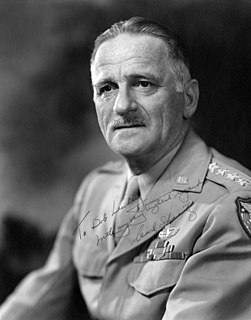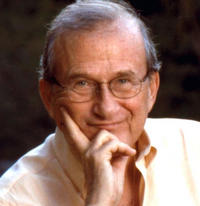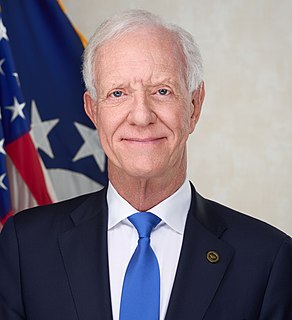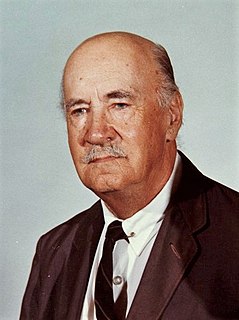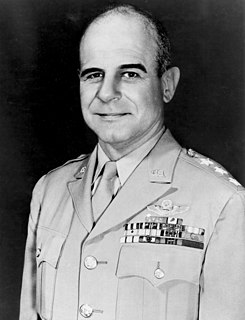A Quote by Alexander P. de Seversky
Air power speaks a strategic language so new that translation into the hackneyed idiom of the past is impossible.
Related Quotes
In translation studies we talk about domestication - translation styles that make something familiar - or estrangement - translation styles that make something radically different. I use a lot of both in my translation, and modernism does both. For instance, if you look at the way James Joyce presents Ulysses, is that domesticating a classic? Think of it as an experiment in relation to a well-known text in another language.


